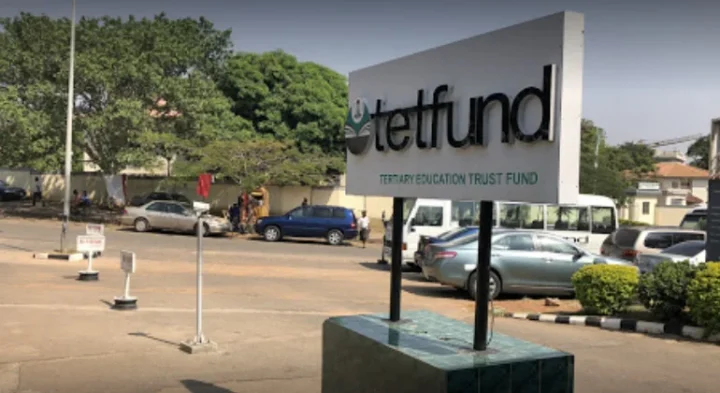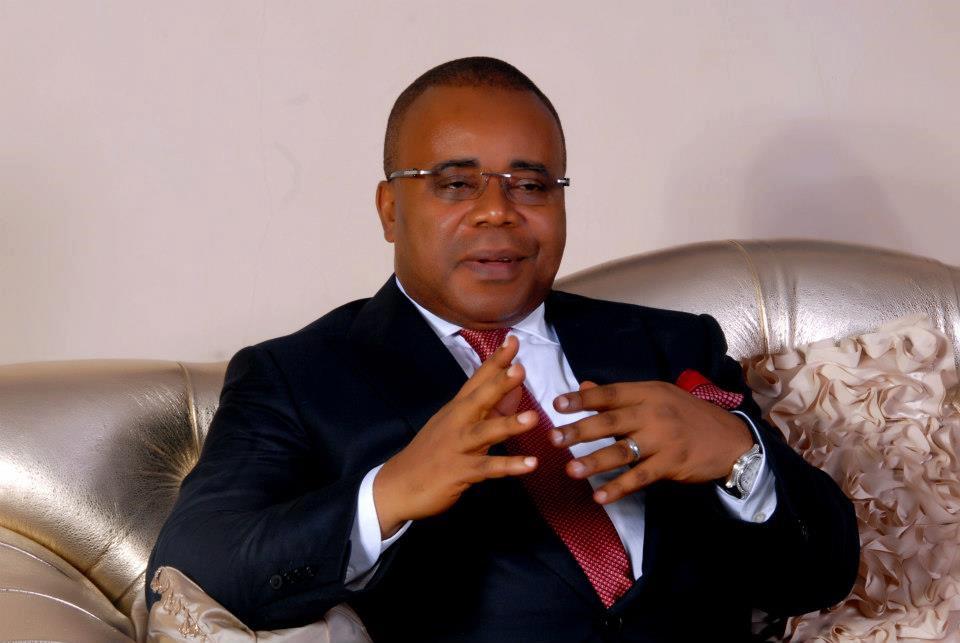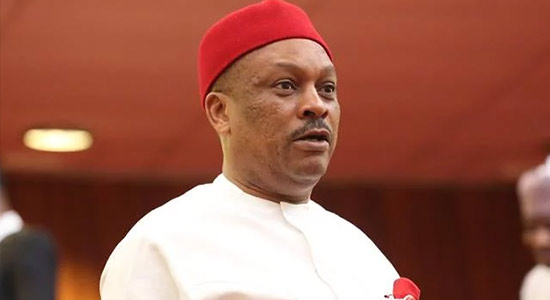By Chineme Madu
On June 12, 2023, President Bola Tinubu signed the Student Loan Bill into law. Described by many as a historic move to address problems within the education sector, many also saw it as a fulfilment of the promise the president made during his campaign to make significant changes within the sector that will improve it.
Undoubtedly, the education sector genuinely needs a revamp, from dilapidated buildings to incessant strikes orchestrated by the Academic Staff Union of Universities. This has led to students spending more than four years in tertiary institutions.
By signing the loan bill just under a month into his administration, President Tinubu has demonstrated his willingness to tackle one of the problems in a sector yearning for attention. While this is commendable, it is equally important to note that the work of fixing the education sector is neither in the hands of the president alone nor limited to providing student loans. It is a multifaceted string of problems that require different dimensional contributions to its progress.
Advertisement
According to Times Higher Education global university ranking, no Nigerian institution reached the top 400, indicating much more to be done to revive the education sector. To achieve success, all hands must be on deck to raise the value of Nigeria’s education system. One agency that has, over the years, been quietly doing its part to raise the stake of the education sector is the Rural Electrification Agency (REA).
Set up by Section 88 of the Electric Power Sector Reform Act 2005, and the Board and Management of the Agency were inaugurated on March 16, 2006, REA has grown to become an integral part of national development. In the past five years, evidence points towards a broad implementation of projects that, at first glance, seem outside of its purview. However, on deeper analysis, it is becoming clear that each project is a process towards achieving a mandate: electrification of rural and unserved communities.
While many Nigerians have focused on the first part of its mission, which is the electrification of rural areas, and rightfully so, the second part has gained more prominence in the last five years, which is serving the unserved communities. Across Nigeria, many tertiary institutions have experienced low or non-existing power over the years. It is not uncommon to hear about institutions that carry out evening lectures in near darkness while students are forced to prepare for exams with candles at night. The indirect impact is that without electricity, institutions cannot use modern laboratories, equipment, and gadgets, all of which would have increased students’ proximity to modern and temporary things happening in the world. Without electricity, students remain alienated and forced to focus on theory with minimal practical knowledge, making many graduates unemployable.
Advertisement
The REA developed an intervention programme in 2019 named Energizing Education Programme to bridge this gap. According to the REA, “Five universities were energized with clean, safe and reliable energy with funding from the Federal Government’s Green Bond. Beyond accelerating the delivery of these projects, within this period, the World Bank and the African Development Bank have equally committed to funding phases II and III of the EEP, respectively. These phases will energize 15 additional Federal Universities and two affiliated University Teaching Hospitals.”
In the 2nd phase of the programme, which is designed to energize additional Federal Universities and two University Teaching Hospitals across all six geopolitical zones, the Federal Government, through the support of the World Bank, has kicked off its implementation. According to REA, “This is to cover; the Engineering, Procurement & Construction (EPC) of the power plants, provision of streetlights to improve security within the universities, rehabilitation of existing distribution infrastructure within the universities, one-year operations and maintenance of the power plant, and the construction of a world-class workshop & training centres.”
The result of this background work is pivotal to the success of the Tinubu administration’s plan to improve the education sector. While it is true that the project started before his administration, the president has the opportunity to plug into this ongoing developmental project by sustaining the team that has championed its planning and initial implementation.
From an analytics point of view, if Tinubu is to get it right in the education sector, he must consider collaborative efforts where other sectors and areas can help contribute to it. The best reward for success is to bestow trust and support to a team that has a winning formula. The president will do well not to tinker with a team and a project that is in stride to significantly contribute to a sector that is in dire need of intervention.
Advertisement
Chineme Madu, an educationist, writes from Lagos.
Add a comment






